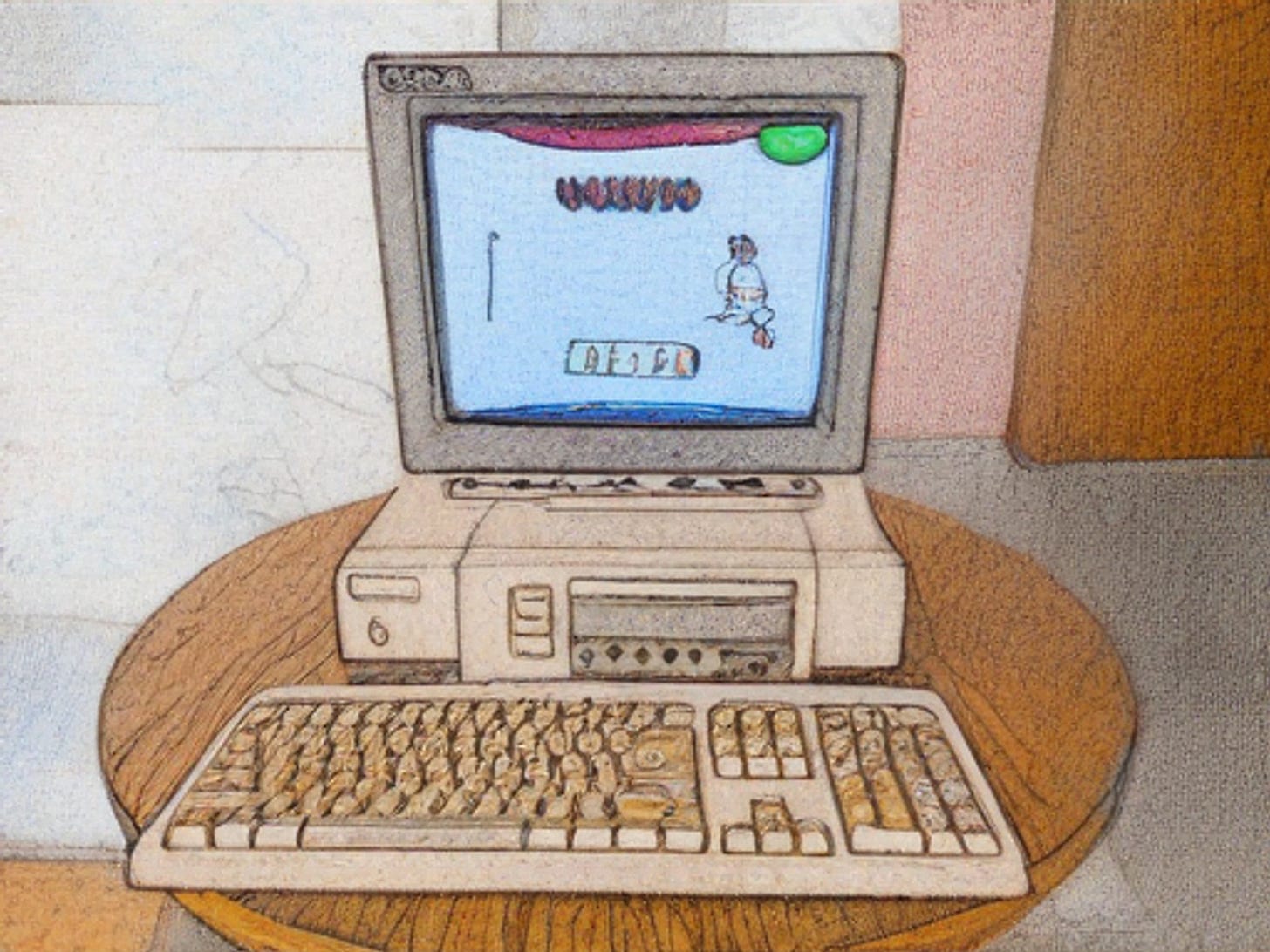The web took a wrong turn
What does a decentralized internet look like without Google, Meta, X, and the other tech giants?
A week ago, I poured myself a glass of wine late at night, took a deep breath, and nuked my Facebook account. That was the lackluster grand finale of nearly two decades on the platform. I had about 5,000 friends and a few thousand followers at the time, out of which I knew 200 people in real life at best.
A day before I pulled the plug, I dropped a post asking friends to stay in touch with me on other channels. Unexpectedly, it blew up with a record number of likes. That same day, my LinkedIn network jumped by about a hundred people, a couple dozen hit me up on Telegram, and a few even called to check in because they’d seen the post.
Those two days were seriously nostalgic, and it made me reminisce on how it all began. Social networks were originally meant to connect friends—mostly classmates and college buddies. It seemed like magic back in the mid-2000s, where you’d type in your school or college, and boom, there was a list of people you once knew but had since lost contact with. Remember back when you actually recognized everyone on your friend list? Or those goofy groups with ridiculous names like “I Secretly Want to Punch Slow-Walking People in the Back of the Head”?
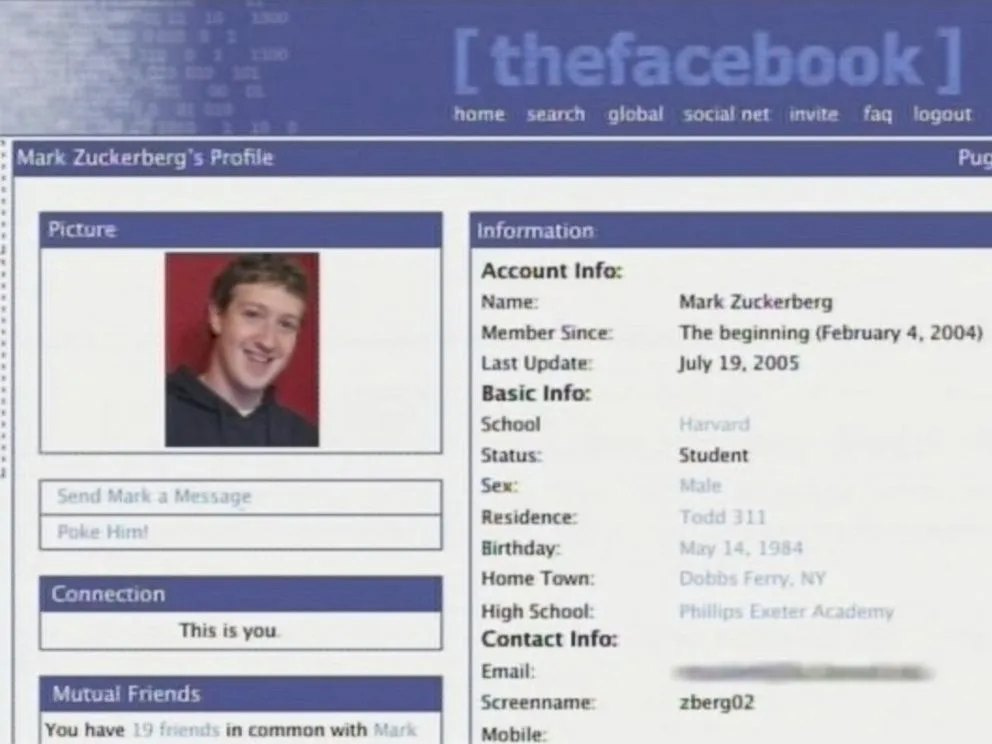
A lot’s changed since then. In Ukraine, the Russian network VKontakte tanked in 2014 after Russia grabbed Crimea and kicked off the war in Donbas. In the U.S., Facebook went from a friends’ hangout to a platform full of low-grade content with an algorithm that stalks your every click and craves your complete attention. X has been flooded non-stop by Musk’s political agenda, Trump’s risky tweets, and Republican Party supremacist posts, even if you never followed them or showed interest in the topic.
A few years back, my buddy Alexey Mas “predicted” the meltdown of social media networks and the jacked-up state of the internet as we know it. He was the OG visionary of the Ukrainian internet, and for the last few years of his life, he had been building a project called “Craft Social Networks” to steer the “off-track web” back onto a better path. He was also a fan of my books and wrote glowing reviews, way more generous than they sometimes deserved. We didn’t talk much IRL, and I kept telling myself, “Next time I’m in Kyiv, I’ll drop him a line and we’ll meet up.”
In 2020, not long before his tragic death, he wrote a series of articles about how the internet and social networks had taken a wrong turn. At the same time, he quit his top-management job at a big telecom company and launched the “Craft Social Networks” project. The idea never went viral, and soon Alexey was gone. His thoughts seem super relevant in 2024, so I want to quote a few of his ideas.
Why the Internet Needs a Rethink and How We Can Fix It
Originally, the Internet was conceived as a distributed network. Its job was to move info around even where monopolies tried to block it. Such a network helps boost diverse opinions and free idea exchange.
Early websites were simple: just HTML pages and links to jump around. A repost on social media is basically a link too. It was all easy and clear.
But links alone aren’t perfect. They lack attributes like who made them and whether people trust ’em or not. Today, corporations and their black-box algorithms – Google, Facebook, etc. – make those calls for us. That system is centralized and driven by profit, not user needs.
So, if we want the internet to become truly distributed again someday, we’ve gotta create our own decentralized trust system where everyone decides who to believe. That’ll help crush fake news and dodgy info.
For “Links 2.0,” you’d want to add author info and context. That helps you figure out who shared/created it and why. But how do we know we can trust this author or their context?
At the heart of a decentralized trust system are “Centers of Power.” These are nodes in the network that can spin up a distributed registry and trust system without a central authority. Each node can issue “digital passports” to users, building a web of trust. This brings back the internet’s original distributed, democratic nature, letting every user shape the network and own their data. Nodes themselves earn trust levels based on ratings from other nodes and users.
Once you have such a trust system, imagine websites becoming interactive. You pop onto a page and instantly see which of your friends, famous folks, or reputable users commented on a snippet, bookmarked it, rated the info quality, and so on.
I call these interactive add-ons “objects.” A user’s “weight” in these objects depends on their trust rating, which comes from other users. Objects aren’t stored on the site itself; they’re kept in personal storage lockers only their owners can access.
With that in place, page rankings, news feeds, and content streams would get sorted by transparent algorithms based on user decisions, not corporate agendas.
This switch to a new system should happen gradually. Sites could serve both old-school and new-format versions. We might need to build a new kind of browser and tweak their trust settings to let users interact with content in fresh ways.
What Will the New Social Networks Look Like?
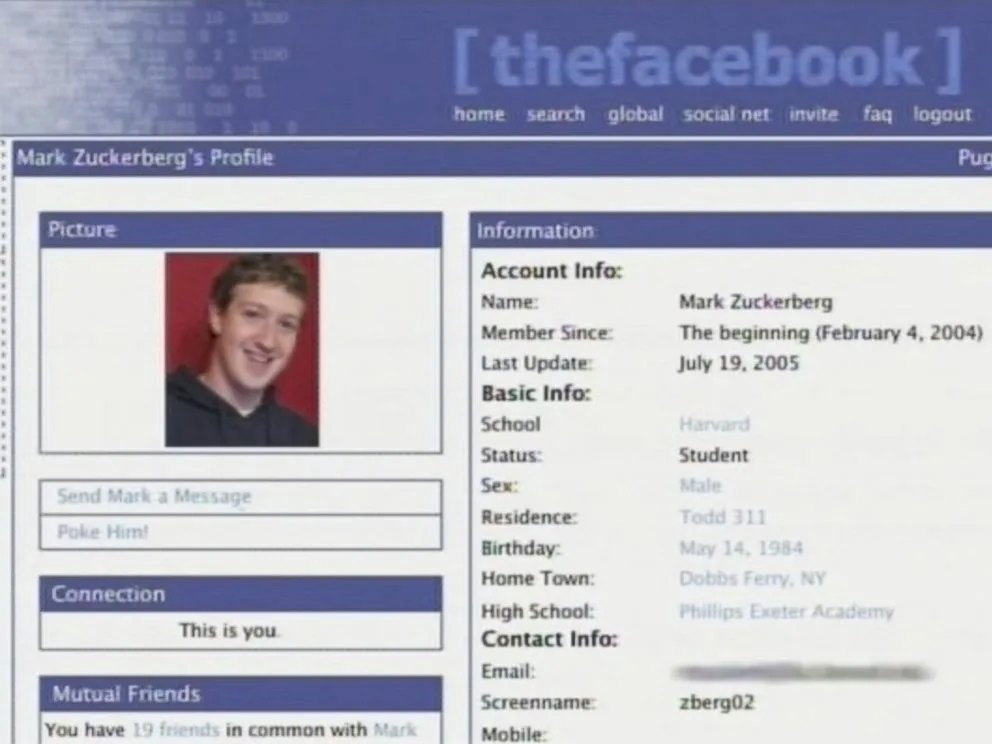
Social Networks 1.0: They use algorithms to decide what to show you. That leads to manipulation and warped reality, as the “The Social Dilemma” document pointed out.
Social Networks 2.0: Think platforms for building communities. Each one is unique, but connected through common standards. It’s like a Lego kit for whipping up a community in a few clicks. Just set who owns it, what data it stores, and what data it swaps with other communities. Every community is private property. Otherwise, people will want to shut them down, limit them, and block data sharing in a futile bid to keep some sort of single control center intact.
The internet should be a tool for the free flow of ideas, not a weapon of manipulation. By going back to distributed principles and openness, we can make the web more democratic and useful for everyone.
Above, I squeezed my friend’s main ideas into a super-condensed form. He wrote them before Bluesky was even a thing; before people started mass-quitting X; and back when Facebook still had folks writing meaningful posts, not doomscrolling mindless clickbait content made for degenerates and getting sucked into endless flame wars.
I’ve seen most of his foresight concepts come to life in Bluesky, where 20 million people already hang out. That’s one reason I’m writing this. If you don’t know, Bluesky is built on the AT Protocol (Authenticated Transfer Protocol). It supports independent communities that can swap data. Down the line, it’s supposed to turn into an open network of infinite independent communities.
Of course, Bluesky’s creator, Jack Dorsey, has probably never read Alexey’s stuff, and Alexey also had no clue what would happen a few years after he passed.
How did two people cook up similar groundbreaking ideas, at different times and places? I have a theory. Remember how Facebook popped up back in the day? It wasn’t the only or the first of its kind. The concept of social networks was obvious and inevitable at a certain point—it was just part of digitizing society. Zuckerberg just did it better than the rest, even though there were predecessors like Friendster and MySpace.
Today, a progressive minority—the people who often shape history—want freedom and decentralization. The success of platforms like Bluesky, though local, proves that. If a dev builds an app on a similar protocol, Bluesky’s users could jump ship and take their nicknames, comments, followers, and engagement with them. Sooner or later, one of these ideas could flip the whole game for the web, just like social networks did back in the day.
I recall being impressed by a billboard near the Facebook office, ten years ago in the Valley. You could faintly see the Sun Microsystems logo on its back, and the shiny Facebook emblem beamed on its front. I wonder if we’ll see another paradigm shift, and if so, who’ll step into the shoes of today’s Big Five tech corps?
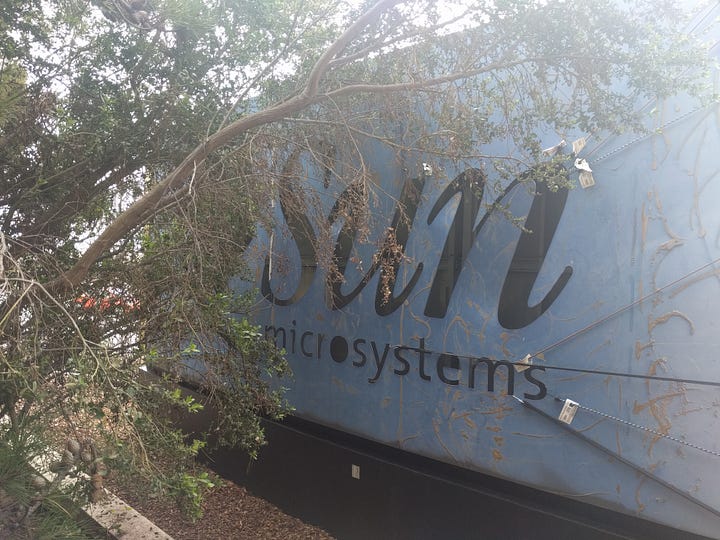
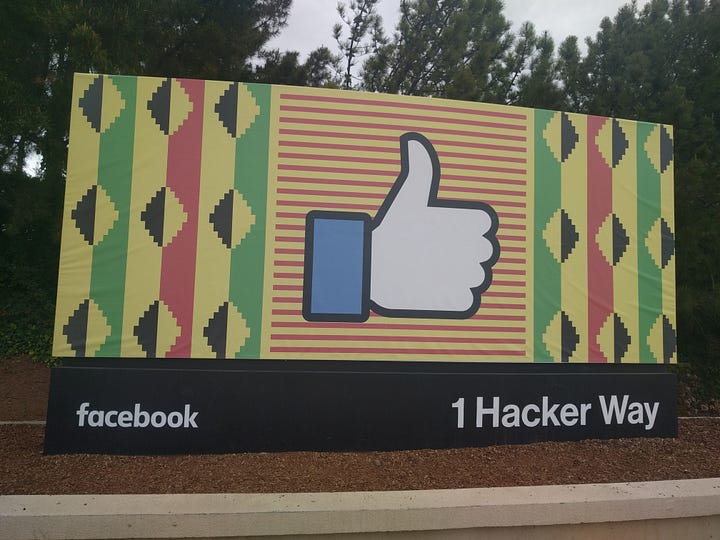
So here’s my question: how would you lay down the principles for a new internet?
I’ve jotted down a few ideas off the top of my head, but I’d love to flesh them out more later:
Our data should belong solely to us.
Censorship, hidden limits, down-ranking, and clickbait feeds need to fade away, so we’re not trapped in manipulation and distortion. Page rankings and news feeds should be formed by transparent algorithms and user choices, not corporate dictates.
Corps should not hide algorithms that affect user experience; we need transparency in content sorting.
We need a distributed trust system where everyone picks who to believe, instead of relying on centralized gatekeepers.
Social networks should be distributed and user-owned, not run by a handful of suits who think they’re invincible just because they got in first.
Can you add to this list? And is any of it even realistic?


